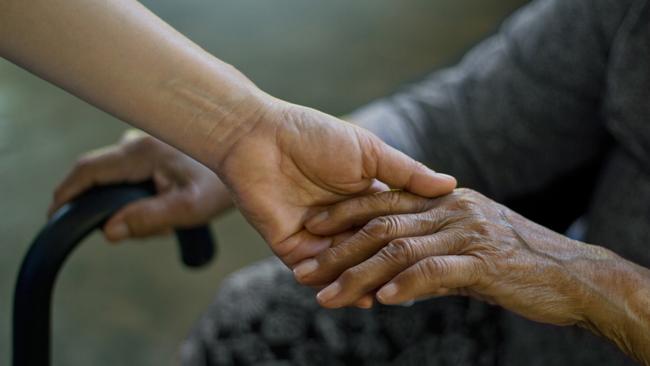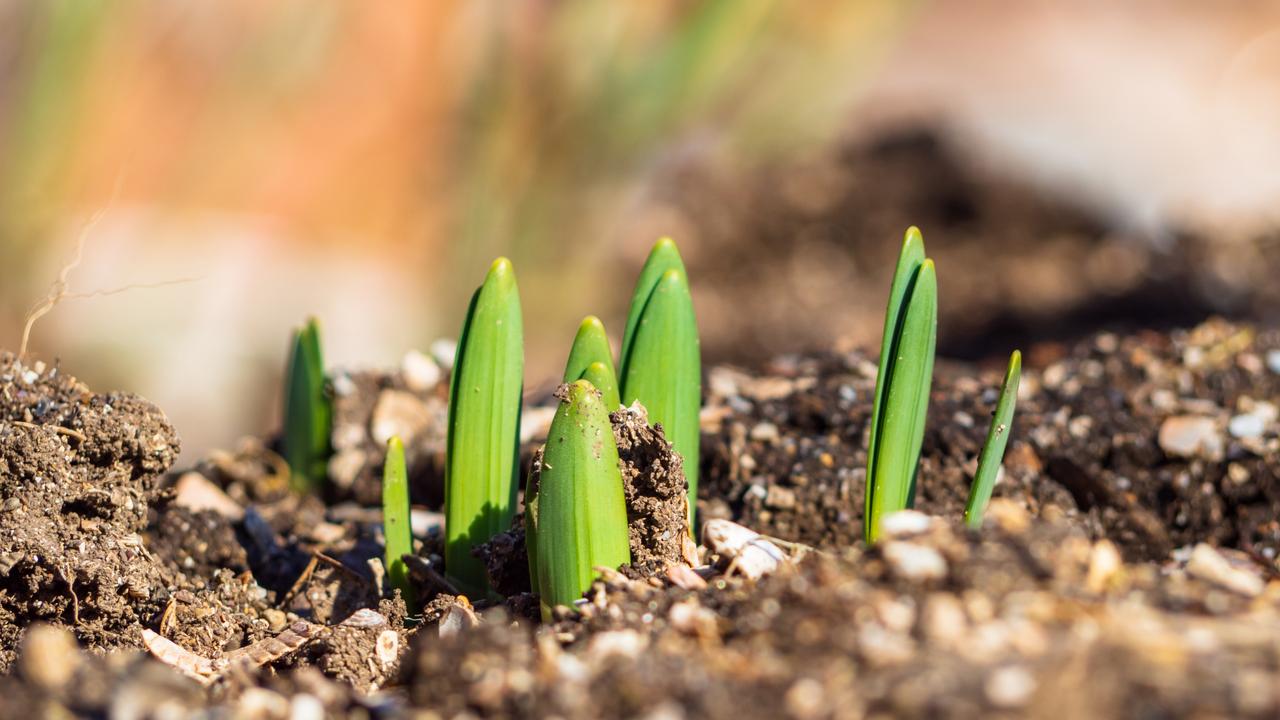It takes a special kind of guts to survive a century
People who live to 100 and beyond may have a secret weapon in their gut – a blend of microbes that contributes to longevity.

People who live to 100 and beyond may have a secret weapon in their gut – a blend of microbes that contributes to longevity.
Scientists in Japan have found that centenarians tend to have a distinct set of bacteria generating unique bile acids. They suspect this might contribute to longevity by inhibiting the growth of pathogens in the digestive system, which might otherwise cause ill health.
Their study “raises the possibility of manipulating the bile acid pool for health benefits”, the researchers said in a paper published in Nature this week.
In recent years there has been growing interest in the role played by the trillions of micro-organisms that live inside and on us. Together this menagerie of bacteria, archaea, viruses, protozoa and fungi is known as the “microbiome”. The collection that lives in the gut has been a particular focus.
It has been suspected for decades that the composition of gut microbiota in centenarians may be associated with extreme longevity, but what biological mechanisms may be involved has not been clear.
To investigate, Kenya Honda of the Keio University School of Medicine in Tokyo and his colleagues studied three groups of Japanese people. They were 160 centenarians, 112 people aged between 85 and 89, and 47 people aged between 21 and 55.
Compared with the other two groups, the centenarians had greater levels of microbes capable of generating unique bile acids.
Most importantly, these included a substance known as isoallolithocholic acid which is known to have antimicrobial effects against a range of gut pathogens. For instance, experiments in mice have shown that isoalloLCA can inhibit the growth of Clostridium difficile, a bacterium that can cause severe diarrhoea.
Professor Honda said it was unclear why centenarians would be more likely to have certain microbes in their gut. “As you imagine, perhaps, both their genetic factors and diet have affected shaping the composition of the gut microbiota,” he said. The bugs could also be inherited, he added.
The Times


